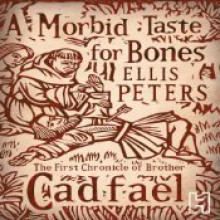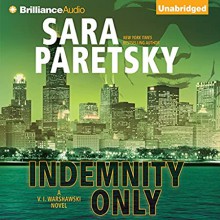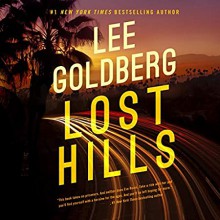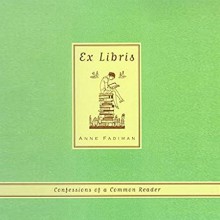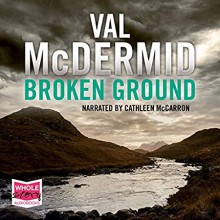
I understand why this book is a classic. I love the directness and simplicity of the narrative, which has Mattie Ross addressing the reader with her account of what happened and what she thinks about that. Mattie Ross' personality and values pulse in every paragraph of her account. I can see her clearly, not what she looks like, for she spends no time on that, but the strength of her will, the certainty of her belief and her courage, which seems to come from a refusal not to do what needs to be done, rather than from any infatuation with heroism or any addiction to revenge. It seems to me that she is the one who has 'true grit'.
With no more than a straightforward telling of the tale delivered in a monologue form that shows a strong ear for language and tone, Charles Portis gave me Mattie Ross entire, from indomitable fifteen-year-old (boy, would the term 'teenager' be inappropriate) to indomitable forty-year-old independent woman of means,
I'd never read the book before so my expectations of it had been set by the movie versions I've seen. It seems the Coen brothers' 2010 version stayed pretty close to the text. I enjoyed that movie and could recall scenes from it clearly as I listened to Mattie Ross's account. It was certainly a better fit than the 'look - John Wayne can still ride a horse' 1969 version. At sixty-two, Wayne was too old for the part and his presence distracted from the story.
One of the things that make me prefer the book over either of the films is that the book keeps Mattie Ross at the centre of everything whereas both movies seemed to me to give way to the cinematic gravitational pull of Rooster Cogburn.
'True Grit' is an outstanding achievement as a work of historical fiction. It has what seems like an authentic period feel. The nature of the narrative comes from a different age, one where speech is heavily influenced by the rhythms of the King James Bible and the mode of argumentation demonstrates a vocabulary that since been leached away by usage.
There is no nostalgia and no anachronisms and no sense of seeing anything other than the things that would have been seen by the people of the time.
It also pleases me that the 'Indians' haven't been whitewashed from this account or turned into fictions from Wild Bill's show.
The stress on negotiation and setting terms and laying claims show how that world could be built or broken by whether or not contracts were respected is very much of the period.
I know the book is sometimes felt to have a slow start, but this wasn't my experience. 'True Grit' isn't an adventure story or a thriller, it's a first-person account of a young woman so focused on her goal and so certain of her success that she sees no adventure in her activities but rather an exercise of will that bends the men around her to her needs and objectives. To her, the negotiation on the price of ponies is as important a part of her quest as firing a gun at her father's murderer.
By the end of the book, I felt as though I had been immersed in a mind quite alien to my own but for whom I feel a reluctant empathy. Through her eyes, I' was given a window in a period in American history that has since been graffitied over by self-serving myths and legends.
I listened to the audiobook version of the novel which, I was surprised to find, was narrated by Donna Tart. For some reason, I'd always thought of her as an East Coast Brahmin. Then I heard her narrate in what, to my uneducated ears, sounds like a very credible Arkansas accent, so I checked her bio and found that she's originally from Mississippi. I think she did an excellent job. My only complaint is that there's something off about the sound production. I can hear a background hiss during the silences and I can hear every swallow and intake of breath. I know Recorded Books can do better than that.
The audiobook version has an essay by Tart at the end which is well worth a listen.

 Log in with Facebook
Log in with Facebook 



